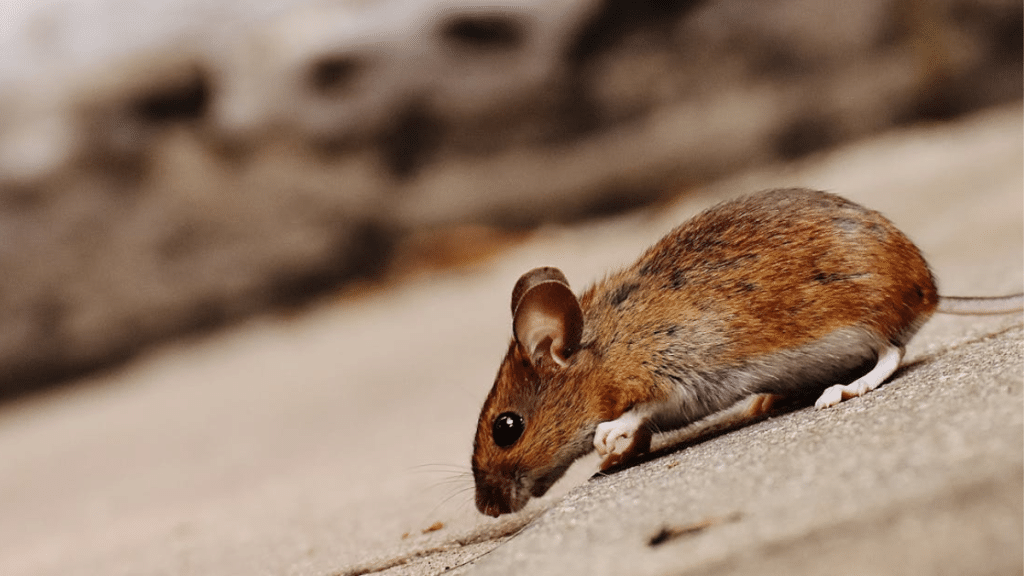Sewer rats are more than just an unsettling sight; they carry numerous health risks that can pose serious threats to humans and pets alike. These rodents thrive in unsanitary environments such as sewers, drains, and garbage dumps, bringing a host of pathogens and parasites. The consequences of unchecked infestations can be severe, ranging from physical illnesses to significant public health challenges. For homeowners and businesses in New Zealand, addressing rat infestations promptly with pest control Auckland rats services is essential to safeguarding health and property.
The Health Risks Posed by Sewer Rats
Sewer rats present a danger to human health because they spread multiple diseases. Rats are transmission agents for leptospirosis, which spreads through water or surfaces touching their urine. Untreated leptospirosis leads to severe medical complications, which result in kidney damage, meningitis, and liver failure. Sewer rats harbor hantavirus, which humans can develop after breathing in dust containing rat urine or droppings. Standard activities become unsafe when rats are present because they create dangerous situations in everyday life.
Rats transmit bacterial and viral diseases and spread secondary infections through the fleas, mites, and ticks they carry. Historically, sewer rats were responsible for spreading bubonic plague through their fleas. Today’s plague outbreaks are rare, but the parasites that rats transport can transmit pathogens, including rickettsia, which causes typhus fever. The risk level becomes greater in densely populated urban areas because humans frequently encounter rat-contaminated environments.
Food and water contamination stands as an essential yet serious public health risk. Sewer rats enter food storage areas and kitchen spaces to scavenge food but leave their urine and droppings behind. Salmonella transmission through this behavior results in food poisoning outbreaks. Food businesses face dual threats when sewer rats appear because they create health dangers that can lead to legal consequences and negative impacts on their brand reputation and operational activities.
Preventing Sewer Rat Infestations and Mitigating Risks
Preventing sewer rat infestations starts by removing all factors that enable their survival. Waste management effectiveness stands as the fundamental element for controlling rats. Packaging garbage in sealed rat-proof containers and removing immediate waste from residential and commercial areas reduces rat population numbers. The condition of indoor spaces should remain clean and dry because this measure reduces the amount of available food and nesting resources.
A building’s structural strength functions as an essential barrier against sewer rats. Due to their incredible agility, rats can fit into openings as small as one-half inch wide. Homes and businesses need quick checks for holes, cracks, and drain damage, which should be immediately sealed to keep rats out. The main pest entry points include pipes, doors, and vents, so special inspections should focus on these locations.
Professional pest control services become essential when dealing with current pest infestations. Experienced pest controllers employ specific techniques with specialized equipment to target sewer rats while effectively eliminating their infestation source. Professional pest control services deliver sustained protection by combining elimination techniques with prevention methods, while conventional home remedies only provide short-term benefits. Businesses within food production need to perform regular pest control maintenance because maintaining hygiene standards represents a critical priority.
Conclusion
Sewer rat infestations represent an urgent health hazard that requires immediate proactive intervention. These pests pose multiple health risks through their leptospirosis and hantavirus transmission while contaminating food and water resources, endangering entire communities. Preventing these dangers depends on appropriate waste management systems, building maintenance, and professional pest control services. A complete rat control strategy allows homeowners and business owners to safeguard their health, safety, and mental well-being.
